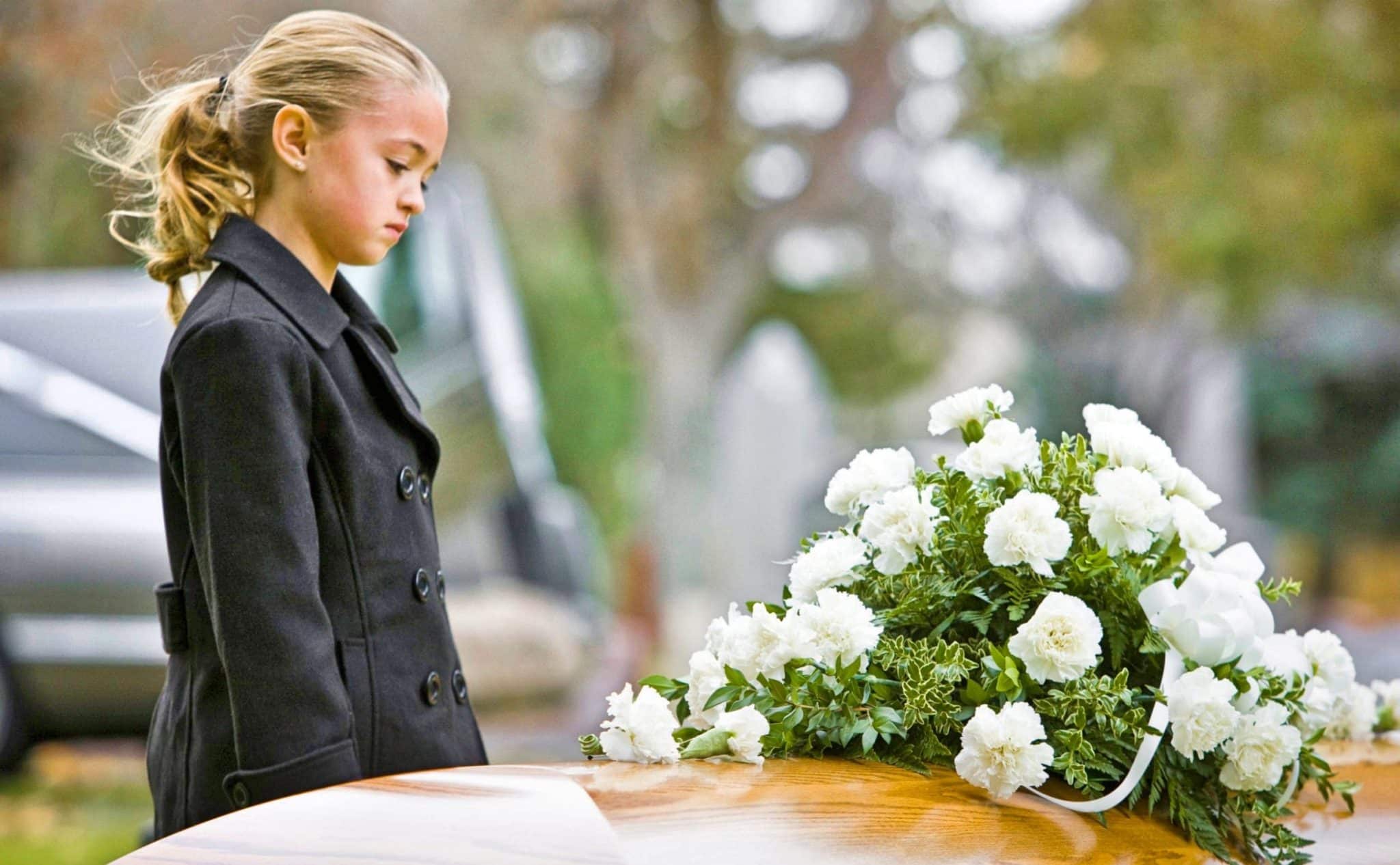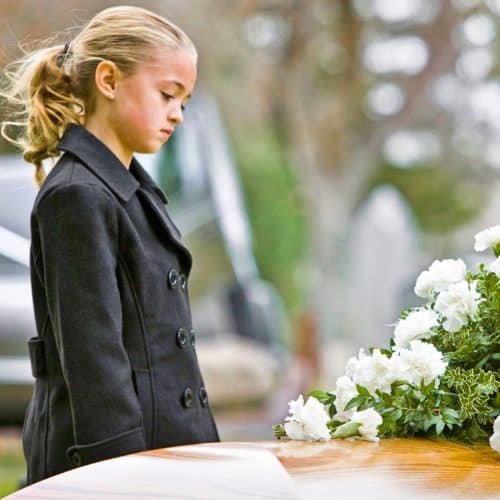
Why Children Should Go to Funerals
 1. It’s Healthy
1. It’s Healthy
One of the key reasons why children should go to funerals is that’s is a healthy thing to do. Funerals, when done well, can be very therapeutic, and are a necessary step in the grieving process for adults and children alike. They also provide opportunities for support – shipping a child off to a babysitter while the rest of the family are gathered together in one place can feel isolating; on the flip side, a child may be able to build closer bonds with their family members if they’re able to attend a funeral where they can give and receive support from their loved ones.
2. It’s Honest
Despite what many of the world’s religions like to claim, we do not know what happens after we die. Death is a natural part of life, and many people believe that the sooner a child is able to understand the concept of death, the better prepared they will be for the realities of life. Funerals can aid in this regard – by transparently dealing with the issue of someone’s death, a funeral allows both adults and children to come to terms with the reality of what has happened, despite this reality being painful at first.
3. It’s Emotional
Children need to understand that it’s okay to have emotions, and that their parents and other relatives can ‘feel things’ just like they do. Seeing adults in a vulnerable state allows them to see that it’s possible to get through tough times, and it can build resilience in young members of the family. Knowing that pain is only temporary can help them to handle tough situations later in life, something which may be more difficult if they are shielded from those emotions.
4. It’s a Choice
Children should be given the choice to attend or not to attend. Simply taking their own feelings out of the process may feel like a rejection of their individuality, and many children over the age of five will want to make their own decision on whether they attend or not. Bear in mind that you should be as honest and clear about what they will see and experience during the process, so if there’s an open casket, prepare them accordingly. But giving children a choice in the matter will show that you respect their autonomy – and of course, they are free to choose either way.
5. It’s Important
Finally, aside from the potentially positive ways in which a child will be shaped by attending a funeral, it’s also just generally an important life event. Births, marriages, and deaths are arguably the three key stages of anyone’s life, and we usually experience one or two of those moments in the lives of those around us. These are life-defining and life-changing moments, and children should have the options to be a part of them.



 1. It’s Healthy
1. It’s Healthy